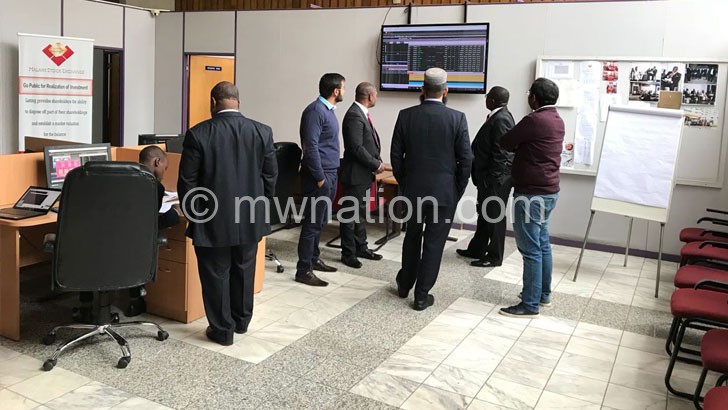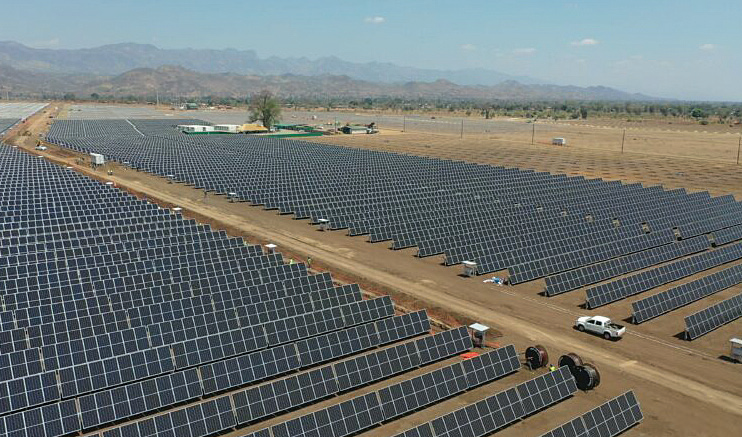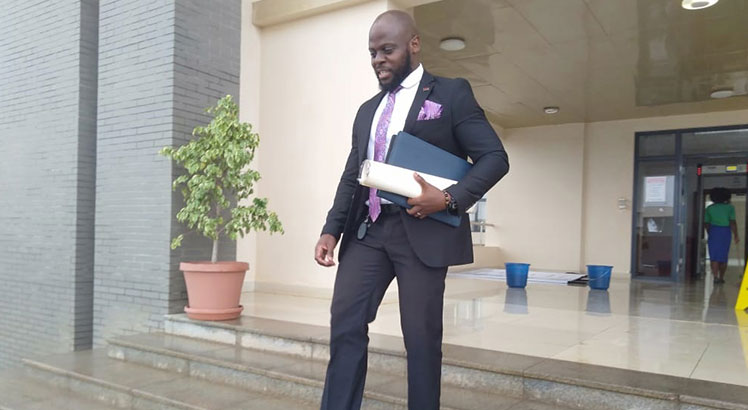UK development aid to Malawi up 207%
The United Kingdom’s (UK) Official Development Assistance (ODA) to Malawi is expected to increase by 207 percent to £51 million (K72 billion) in the next financial year, according to published data from the UK Foreign, Commonwealth and Development Office.
The increase, according to the July 2023 UK–Malawi Development Partnership Summary, reflects importance of the UK partnership with Malawi and commitment to support the poorest and most vulnerable.
The ODA is expected to, among others, tackle the climate emergency by building the resilience of Malawians and responding to climate shocks, support the Malawi Government to deliver inclusive economic growth and drive reform to achieve robust public institutions.

In a written response on Wednesday, British High Commissioner Fiona Ritchie said the planned increase, which comes after a drop in recent years, is not enough to turn around Malawi’s economic fortunes.
She said: “But aid is not enough to turn around Malawi’s economic fortunes. It is important that Malawi strengthens its offer for business and investment.
“British businesses already make a significant contribution to Malawi’s economy and they could do more in the future.”
Ritchie said attracting and mobilising the much-needed investment will spread economic gains through the transfer of technology, improving productivity, job creation, tax revenue and forex creation.
“As a longstanding friend, the UK remains committed to working with the private sector to support Malawi’s ambition of reaching middle-income status by 2063,” she said.
The increased ODA comes in the wake of dwindlining off-budget support, which Treasury projected to decline to about K40.4 billion in the current financial year from K217 billion the previous financial year.
Ministry of Finance and Economic Affairs figures show that most of the off-budget support is being directed towards agriculture and health sectors with some being channelled to economic and gender, education, research and development, trade, energy and transport sectors.
In an interview on Wednesday, Minister of Finance and Economic Affairs Sosten Gwengwe said the planned increased aid comes as Malawi is undergoing financial and economic reforms.
“Most partners are building confidence in our systems and we are thankful for such support and confidence,” he said.
Bilateral donors under what was called the Common Approach to Budget Support stopped providing direct budgetary support to Malawi in September 2013 following revelations of Cashgate, the plunder of public resources at Capital Hill.





